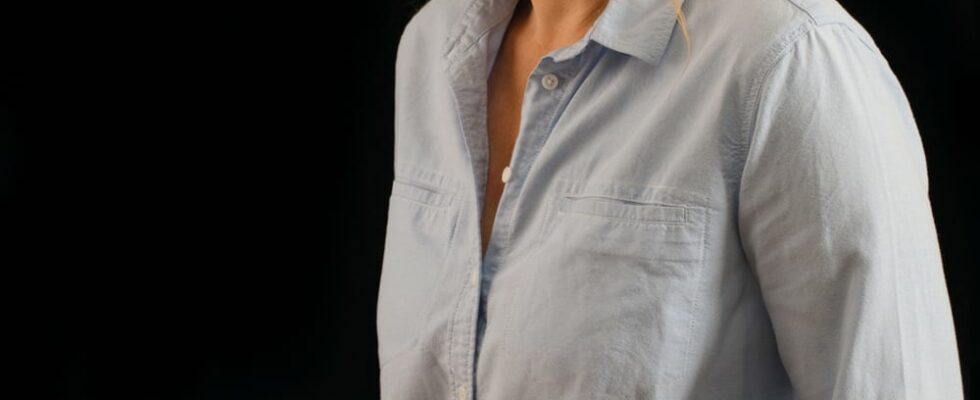What struck me first when I met Sophie Charnavel was her incredible energy. I knew she came from Savoie, from a village near Morzine. With her smile and vitality, she reminded me of those ski instructors from my childhood, warm and almost maternal, who would grab me to put me back on the ski lifts. Sophie was made to help others get up. She didn’t have the face of someone who falls.
Born in 1976 just before Christmas, she said she discovered her vocation through reading Where memory lingers by Raymond Aubrac. For her part, she has always resisted the cold and the gloom. After studying history in Lyon, and a stint at Sciences Po and the Sorbonne, she led her career at full speed: Hachette, Denoël, Stock, Privé, Flammarion, Fayard, Plon and finally Robert Laffont – a real giant slalom. It would be unfair to reduce her to a go-getter, even if you have to have a good helmet when you go down the black slopes of publishing and are capable of publishing both Eugénie Bastié and Jean-Luc Mélenchon.
I remember an evening in Brive when, while everyone was rushing to the Cardinal, the local nightclub, she had shyly confided in me that she didn’t like dancing. I had seen her differently. With her teams, each piece of good news was celebrated with champagne. She was just as radiant when she presented her books to journalists, representatives and booksellers. If Sophie had the elegance to highlight her cheerfulness, she also had her melancholy. She was considered in her professional circles as an editor of documents (“of blows”, the jealous said), but she had a very clear eye for the supposedly literary manuscripts that we submitted to her, and which she dissected with great finesse. Not coming from the inner circle did not prevent her, thanks to her intelligence, her humour and her stainless panache, from recalling the great editors of the past.
It’s up to us to put a little sunshine in the cold water
She was also the mother of two sons and had the particularity of being a fire cutter – a gift she had inherited from her family, whom she regularly returned to see in Morzine. A funny lady, indeed… When we happened to have lunch at one of her favourite Parisian addresses (Marcello, rue Mabillon), she was always cheerful and remained mysterious. The last few years had not been kind to her. She had lost her father in an accident. Then illness struck her when no one expected it.
One of the last images I will keep of Sophie dates from last fall. She was already suffering in secret and had insisted on coming to the cocktail party given at the Oenosteria for Laure Murat’s Prix Médicis essay. It was cold outside. On the sidewalk of rue Grégoire-de-Tours, I had found Sophie pale and frail. That evening she must have been wearing one of her loose turtlenecks in which she disappeared. Knowing her condition, I had encouraged her to go home. It seemed impossible to us at the time that she would leave so early, but when the taxi started, I had wondered what the next few months would bring.
That same fall, I too had been in the running for a prize. She wrote to me regularly to support me, I invariably replied that it was trivial, that she should only think about getting treatment. When I finally failed, she sent me these lines, very much in her style: “It’s only postponed, even if it’s frustrating. We’ll have a hell of a party. I kiss you.” Rereading that message today breaks my heart. We would have drunk a lot of champagne and certainly wouldn’t have danced. This hell of a party won’t take place. It’s up to us to put a little sunshine in the cold water, as Françoise Sagan (whose Sophie had published an unpublished work) would have said. Our friend will continue to watch over us, up there, in her magical mountains.
